Divorce is a challenging and emotional process that impacts the lives of individuals and families. It is a decision often filled with heartbreak, uncertainty, and significant life changes. In this blog, we will explore the various aspects of divorce, offering guidance and support to those who find themselves on this difficult journey. By understanding the stages of divorce, the emotional toll it can take, and the steps to rebuild your life, you can find the strength to move forward and create a fulfilling future.
- The Decision to Divorce
The decision to pursue a divorce is seldom taken lightly. It is often the result of a long and complicated journey, involving strained relationships, unmet expectations, and irreconcilable differences. Acknowledging the need for change and understanding that divorce may be the best option for personal growth and happiness is the first step toward healing.
- Emotional Roller Coaster
Divorce is a deeply emotional experience that can bring up feelings of sadness, anger, grief, guilt, and fear. It is essential to allow yourself to experience and process these emotions. Seek support from trusted friends, family, or a therapist who can offer a safe space to express your feelings and help you navigate the complexities of divorce. Taking care of your emotional well-being during this time is crucial.
- Legal Proceedings
Divorce involves a legal process that varies depending on your jurisdiction. Engaging the services of a competent family law attorney is essential to ensure your rights and interests are protected throughout the proceedings. Your attorney will guide you through the necessary steps, such as filing paperwork, negotiating settlements, and navigating child custody arrangements, if applicable. Understanding the legal aspects of divorce can provide you with a sense of control during an otherwise uncertain time.
- Co-Parenting and Children
Divorce becomes more complex when children are involved. Co-parenting after divorce requires effective communication, cooperation, and prioritizing the best interests of the children. Maintaining stability, consistency, and open dialogue with your ex-spouse can create a nurturing environment for your children, helping them adjust to the new family dynamic. Seeking professional guidance, such as family counseling or co-parenting classes, can be immensely beneficial for both parents and children.
- Financial Considerations
Divorce often involves a division of assets, debts, and financial responsibilities. Understanding your financial situation, including income, expenses, and assets, is crucial for negotiating a fair settlement. Seek the assistance of a financial planner or accountant to help you make informed decisions about your financial future. Planning for life post-divorce, including budgeting and adjusting your lifestyle, can provide a sense of stability and independence.
- Rebuilding Your Life
Divorce marks the end of one chapter but also signifies a new beginning. Embrace the opportunity for personal growth and self-discovery. Take time to rediscover yourself, pursue your passions, and surround yourself with a supportive network. Seek professional help if needed to heal from the emotional scars of divorce and build a solid foundation for your future.
Conclusion
Divorce is undoubtedly one of life’s most challenging experiences, but it can also be a catalyst for personal growth and new opportunities. By understanding the various aspects of divorce, seeking support from professionals and loved ones, and focusing on rebuilding your life, you can emerge stronger and happier. Remember that healing takes time, so be patient and kind to yourself throughout the process. You have the power to shape your future and create a life filled with joy, love, and fulfillment.






